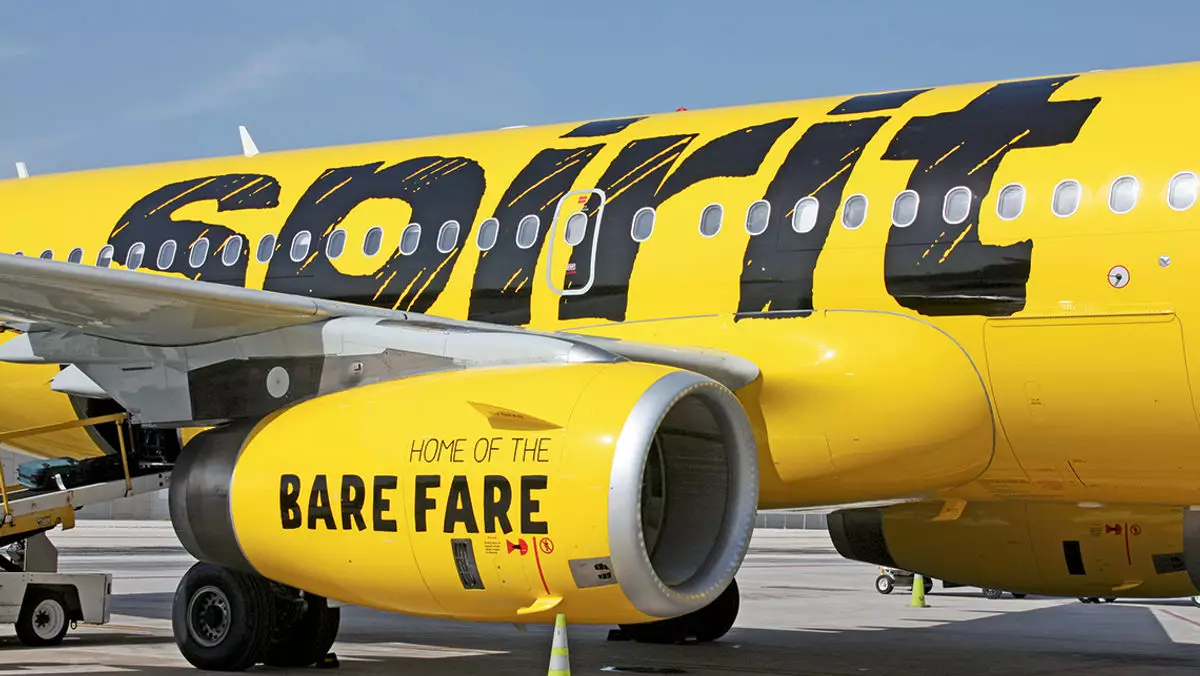The loyalty programs of the Big Four U.S. airlines have come under scrutiny, with three discount airlines voicing their concerns during a joint DOT/Consumer Financial Protection Bureau hearing. These airlines believe that the loyalty programs of American, Delta, Southwest, and United play a significant role in stifling competition in the industry. DOT secretary Pete Buttigieg expressed his worries about how these programs affect smaller and newer players’ ability to compete in the market, pointing out the dominance of the Big Four in controlling approximately 80% of the domestic airline market.
Matt Klein, the chief commercial officer of Spirit Airlines, brought up the issue of consolidation as a driving force behind flyers being drawn into the loyalty programs of the Big Four airlines. With limited gate space and runway access controlled by these major carriers at certain airports, smaller airlines find it challenging to establish relevance in the industry. Klein highlighted how customers feel trapped in cities dominated by specific airlines, leading them to believe that they must fly with these carriers due to loyalty program perks.
Executives from Allegiant and Breeze echoed Klein’s concerns about the impact of loyalty programs on competition. They emphasized the measures taken by their respective airlines to counter the advantages held by the Big Four carriers. Allegiant’s chief marketing officer, Scott DeAngelo, discussed how the airline provides instant benefits to its cardholders, such as early check-in, early boarding, and a free drink. These perks are designed to attract customers who may be entrenched in larger airline loyalty programs requiring them to earn benefits.
Consumer advocates, including Erin Witte from the Consumer Federation of America, supported the idea that the largest airlines use their market position to negotiate more favorable terms for co-branded credit cards. They believe that this practice could be anti-competitive and called for a closer evaluation of such arrangements. However, not everyone agrees with this viewpoint. Gary Leff, a rewards program expert, dismissed the notion that frequent-flyer programs stifle competition, arguing that there are minimal barriers to entry in offering attractive programs.
In addition to competition issues, the hearing also addressed transparency and fairness in airline rewards and credit card programs. The practice of devaluing loyalty points periodically was brought up for consideration by the regulatory bodies. They are contemplating the imposition of new rules on rewards programs and enhancing the enforcement of existing regulations to ensure fairness in the industry.
The impact of loyalty programs on airline competition in the U.S. is a complex issue that requires careful examination. While some believe that these programs give the Big Four airlines an unfair advantage, others argue that smaller carriers can improve their relevance by enhancing their loyalty offerings. The ongoing discussions around transparency, fairness, and competition in the industry will likely shape the future landscape of airline rewards programs.

